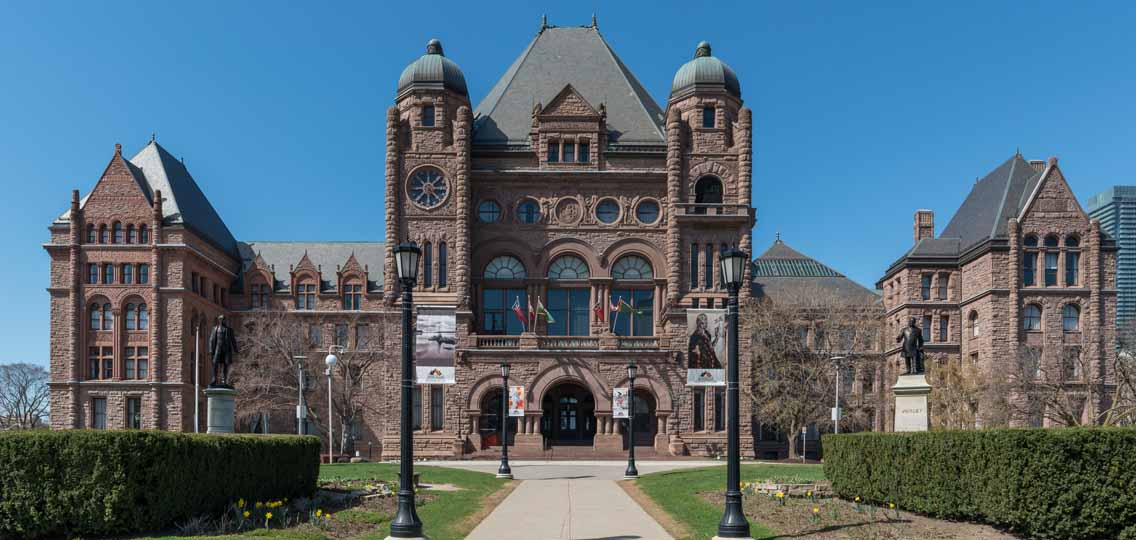David Suzuki Foundation and Ecojustice intervene to protect health and act on climate
OTTAWA — The David Suzuki Foundation and Ecojustice announced today that they will enter the legal battle over carbon pricing by requesting intervener status in the upcoming Ontario court reference case. A national carbon-pricing plan is a necessary part of Canada’s strategy to reduce greenhouse gas emissions and curb the negative environmental, physical and mental health effects caused by inaction on climate change.
“Climate change is happening here and now, and it’s not fair that Canadians suffer because the Ontario government is eliminating its policies that restrict or shrink carbon pollution,” said David Suzuki Foundation science and policy director Ian Bruce. “Scientists are telling us that inaction is not an option and Canadians agree.”
The application to intervene will be heard by the Court of Appeal for Ontario on January 15. The Foundation received intervener status in the similar Saskatchewan carbon pricing case, along with organizations representing Indigenous nations and other sectors including health care, farming and youth.
Ecojustice filed the intervention on behalf of the David Suzuki Foundation in support of the federal law designed to ensure that it’s not free to pollute in Canada. A nationally coordinated effort is required if Canada is to fulfil its commitment under the Paris Agreement and prevent premature deaths and unnecessary threats to the security of young Canadians due to climate change.
“Climate change now constitutes a national emergency, because we have very little time to reduce the greenhouse gas emissions that are causing environmental changes that will affect all Canadians,” Ecojustice lawyer Joshua Ginsberg said. “No province should be allowed to put the safety, security and well-being of Canadians at risk through inaction.”
The World Health Organization declared climate change the biggest health threat of this century. A Canadian report from the leading medical journal The Lancet identified carbon pricing as an essential part of the prescription to address climate change and protect human health.
“You can’t make progress by going backward, which is what the Ontario premier is doing by eliminating the firm limit on carbon pollution and programs for clean cars and energy efficient homes. Ontario’s approach is completely inadequate,” said Bruce.
Ontario’s reference case will be heard by the province’s Court of Appeal in April 2019. Ontario launched a reference case challenging the federal carbon pollution pricing plan, after cancelling its emissions cap and trade system, which would have complied with the federal standard.

